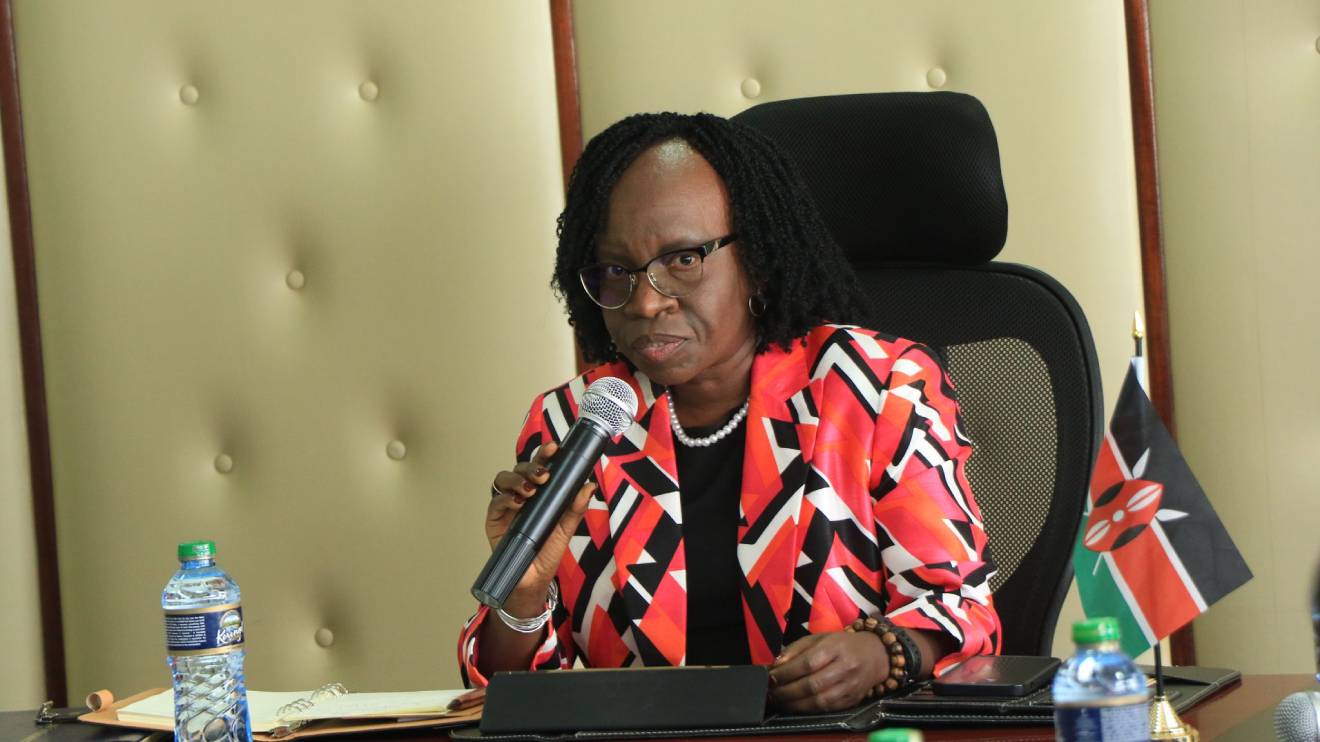Auditor-General Nancy Gathungu has sounded the alarm over the precarious financial health of the Rural Electrification Scheme (RES).
In a damning audit, Gathungu revealed that the scheme is technically insolvent, with current liabilities towering over its assets.
Established in 1973 to extend power access to rural Kenya, the RES has instead accrued a staggering Sh55.9 billion in losses, casting a long shadow over its sustainability.
The scheme, managed by Kenya Power on behalf of the government, reported a loss of Sh9.87 billion in the financial year ending June 2023, extending a troubling loss streak.
“The above conditions are indicative of the existence of material uncertainty that may cast significant doubt on the Scheme’s ability to continue as a going concern unless satisfactory measures are taken to reverse the trend,” Gathungu warned.
Read More
The Auditor-General also expressed concerns over the scheme’s governance and cost allocation.
She questioned the appropriateness of the Mercados Formula, used to share costs between the RES and the broader power grid, arguing that it has failed to account for operational changes since its adoption in 2010.
The RES, funded through government allocations and donor grants, has been operating at a loss for eight consecutive years.
This, coupled with the government’s financial constraints, has raised serious doubts about the scheme’s long-term viability.
Despite being a cornerstone of the government’s electrification agenda, the RES is economically challenged.
The scheme’s operational and maintenance costs consistently exceed its revenue, and the low-income customer base limits potential returns on investment.
Gathungu has called for urgent reforms to stem the financial bleeding and ensure the scheme’s survival.
The government faces a critical decision on whether to continue supporting the RES or seek alternative strategies to achieve universal electricity access because, without immediate and effective reforms, the scheme’s sustainability remains in jeopardy.











